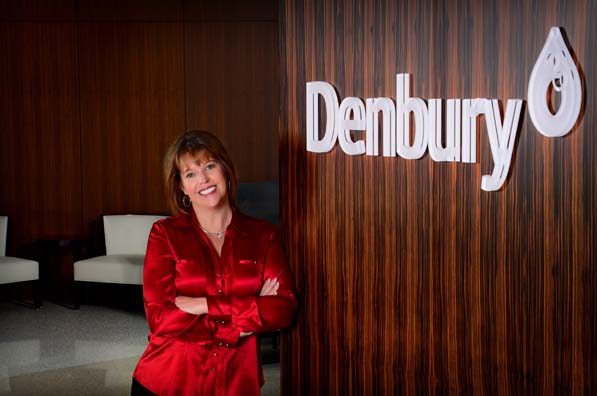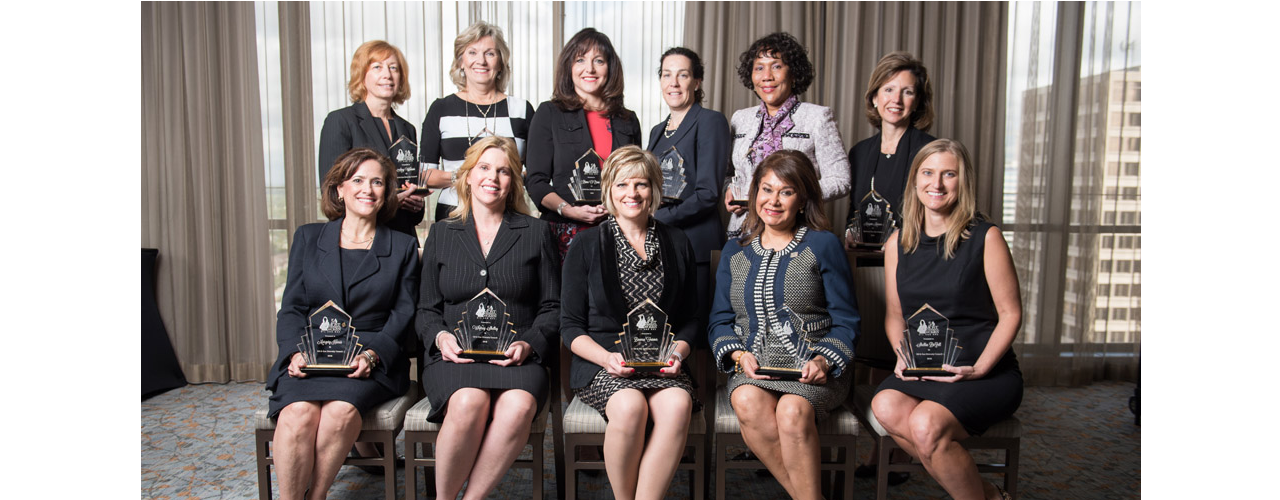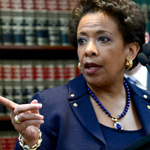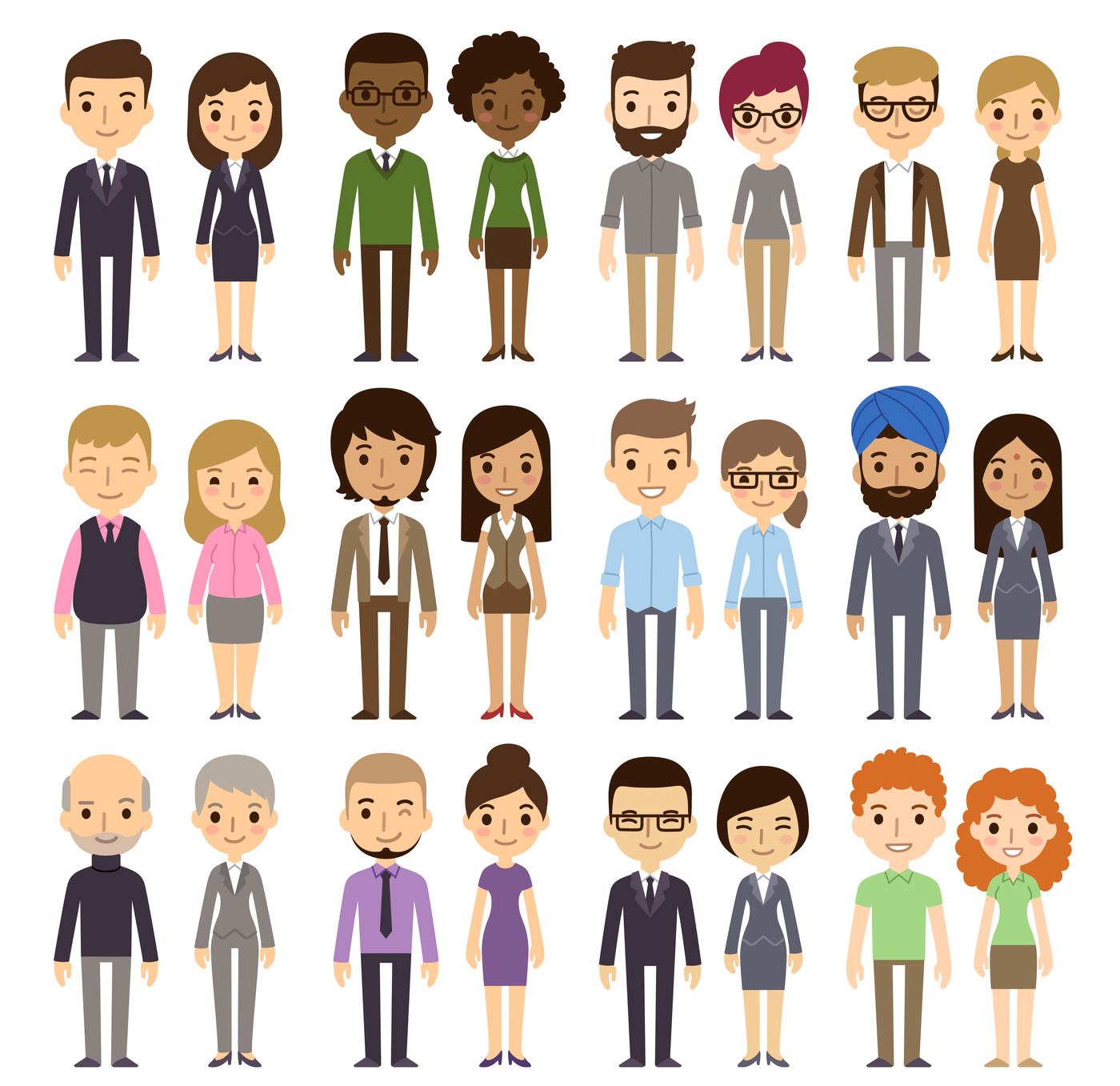Whitney Shelley heard the call to teach, but as it turned out her students weren’t the 5th graders she expected. Instead, she gravitated to adult learners and entered tech, using her math degree to become a design engineer and then the 43rd female Microsoft engineering instructor in the world.
Shelley’s was a traveling classroom focused on authorized Microsoft network engineering classes and eventually led to her teaching the very first community college Microsoft certified program. “I loved that. I loved teaching. I loved people that wanted to be there. I loved technology and the engineering component,” Shelley says.
When that company sold and an employee exodus followed, Shelley bucked the trend and remained. Someone needed to solve systemic problems like the pay structure for teachers and insurance. So she dug in and with little to no experience figured out options that had her bosses taking note. Eventually, Shelley took over human resources and found a new calling and the perfect career.
“I believe everything in life is a combination of will and skill, and I think that courage is often a matter of will for women. The willingness to take on things that are hard and scary and uncertain and the courage to tell the voice in your head, as it whispers to you that you’re not enough, not smart enough, not experienced enough, not good enough…to shut the hell up!” Shelley says.
Being enough is a struggle for many women, both professionally and personally. Qualified women often let opportunities at work pass by feeling someone else is better qualified. Shelley is all about stepping up to the challenge and figuring it out as she goes along. Google the unfamiliar, find resources and tell yourself, “It can’t be that hard if…insert name here…can do it, I sure as heck can,” Shelley says.
In Human Resources, Shelley found her true home and loves its unpredictability. It is so much more than just rules and pay. “My group gets to work to help the company achieve the goals that we have,” she says. That means always trying to do the right thing when hiring, on-boarding or off-boarding people. But she admits, “Defining the right thing in our world can be hard.”
In the oil and gas industry, which is historically very prescriptive and conservative, a multi-generational, more diverse workforce has new expectations. “People want flexible work hours, want to work from home and do things that look a little different,” Shelley says. “It really is making us take a step back and re-evaluate how we do our business.”
“We’re educating our employees on the value of people who look different around our company. It has had an impact on our results, on our culture—a positive impact—by broadening and changing our perspective. It makes us a richer company, richer culturally and technically. It impacts every single part of our organization. Our progress isn’t fast, but it’s deliberate,” Shelley says.





